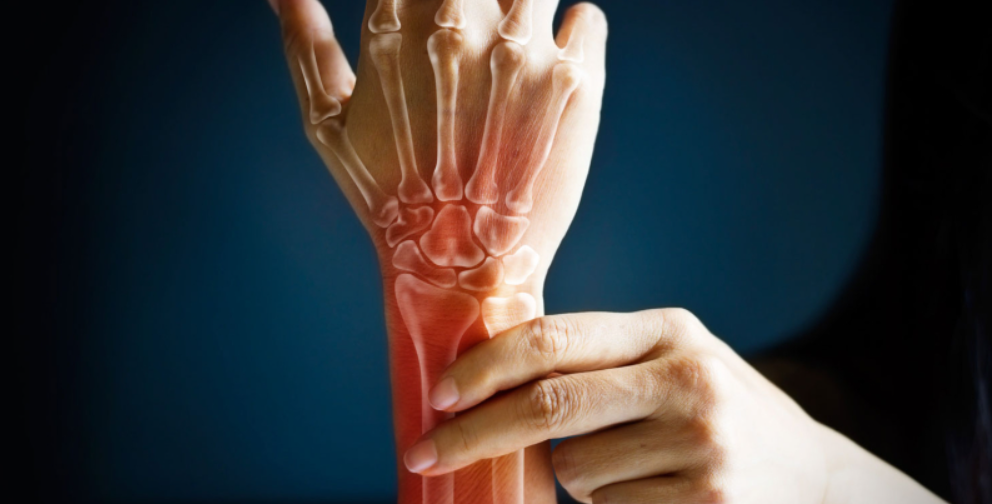Bones frequently deteriorate and become brittle without warning, and we only become aware of this once a fracture occurs.
“Because bone loss often goes undetected, the first way people can find out how healthy their bones are is a bone densitometry scan, or DEXA scan, which is recommended for every woman over 65, younger women at risk of developing osteoporosis and men over 70 years old. years,” Dr. Heather L. Hoflich, director of The Parade, said.
Endocrinologist Sarah Fishman confirms that this is an important test.
“Unfortunately, osteoporosis and osteopenia are frequently asymptomatic disorders. “Most people don’t feel anything in their bones until there’s a fracture,” she told me.
Dr. Fishman, on the other hand, believes that shrinking is an early indicator of bone weakness.
“Although some people believe that a decrease in wrist circumference is a sign of bone loss, it is actually a less accurate sign than height loss,” she told me.
What to do if your bones are weak?
Get adequate calcium to strengthen and slow down the weakening of your bones. It is recommended to ingest 1000 to 1300 milligrammes of calcium each day, depending on age and gender. Calcium-rich foods include yoghurt, fortified orange juice, sardines, salmon, tofu, and spinach.
“If you’re not getting enough calcium through diet alone, you can turn to calcium supplements in consultation with your doctor,” says Dr. Hoflich.
Vitamin D intake is also important. If you don’t spend much time outside or live in a place that isn’t particularly sunny, consider taking a dietary supplement. The National Institutes of Health recommends getting between 600 and 800 microunits of vitamin D per day, depending on age and gender.
And finally, exercise at least 30 minutes a day. Choose exercises like walking, running, weight lifting, tennis and yoga.
“Sometimes it is possible to increase bone density with medication. There are drugs that will more actively build bone density and drugs that will help slow down the destructive processes that lead to bone loss,” explains Dr. Fishman. He also notes that the effectiveness of such drugs depends on the patient’s age and other medical conditions.

